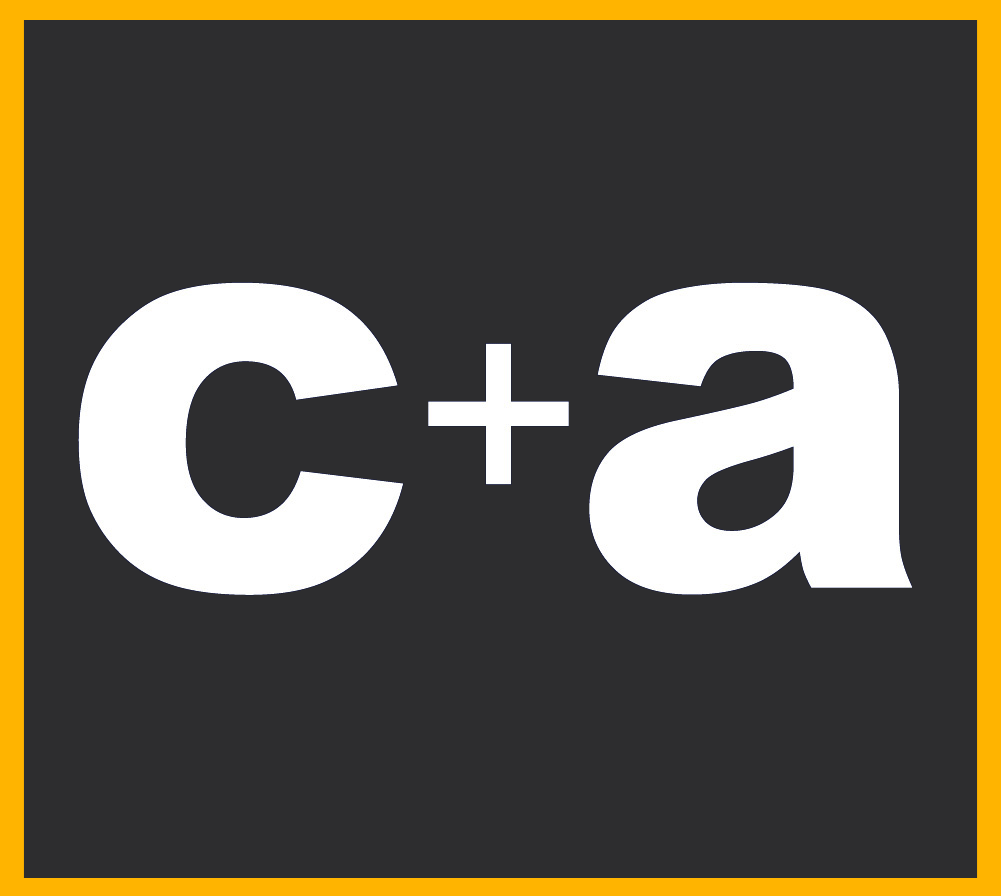How to write a great CV
- curranrecruit
- Mar 23, 2015
- 3 min read
Whether it’s from a seasoned industry veteran or the new whiz kid on the block, it’s astounding the number of CVs we see that are poor reflections of the candidate. In this week’s blog post we talk about Executive-level CVs and share some tips on what a stand out CV looks like and how to make yours better.
Answer the Job Requirements
First and foremost, match the job description and confirm that you have the skills and experience required for the job. It sounds basic but job seekers make this mistake more often than you might think. While you shouldn’t be afraid to aim high, no amount of CV editing will cover for the fact that you only have three years of management experience instead of the required eight, or that you don’t have the technical skills necessary to do the job. The majority of resumes that don’t meet the basic job ad description won’t be considered – unless they make a convincing case why!
There is NO one-size-fits-all template
It’s easy to think that there is a “magic template” to writing a cover letter and resume, and that if you stick to this template it’s a sure way to a winning CV. Realistically speaking though, most applications are initially reviewed in under a minute. Your CV needs to jump out in that minute. You need to make the person reviewing it decide to probe deeper.
It’s a good idea to keep a master CV that has a record of everything you have ever done. But that is not what you should be sending to prospective employers or agencies. Each CV you send should be tailored to the role you are applying for. Or at the least, include a highlights or most relevant experience section where you can clearly demonstrate how your work history meets the role requirements.
It’s also worth remembering that hiring managers hire people, not pieces of paper. It’s important for them to know what a candidate has done, but equally important to know who that person is. An effective executive-level CV should sell your achievements, skills, and personality together – as a package deal.
Measurable Achievements
An executive level CV should demonstrate not only your work history, but also your achievements. Especially if you want to justify an executive-level salary. Some achievements that employers like to see include:
Increasing sales, revenue, profit, business
Reducing costs
Saving clients’ money
Saving time
Increasing productivity
Improving morale
Resolving long-term problems
You might notice that a number of attractive achievements involve money? Employers want staff who increase company revenue and they are willing to pay a high salary for the right person. An effective executive-level CV demonstrates a track record of increasing profit while decreasing costs.
However, simply saying that you helped increase sales is not going to cut it. It’s vital to include the metrics that warrant your claim. For example, I increased sales from X to Y, which was Z% over target.
Keep it concise
It's tempting for candidates to include everything they can think of to sell themselves, but a tip for all candidates is to think of relevancy. Include only the necessary facts, figures and achievements that are required of the position, and remember that the rest can be shared at the interview state. Try and keep you CV to no more than two or three pages.
Design
Resumes that stand out are more attractive. Depending on your industry and the type of role you are applying for should help determine the design of your CV. But remember that having a CV that is clear and easy to read is critical to getting it noticed. Your CV layout will say something about you – make it something positive!
There are many more tips to making a CV that can help an executive candidate stand out from the crowd, what are your tips?






















Comments